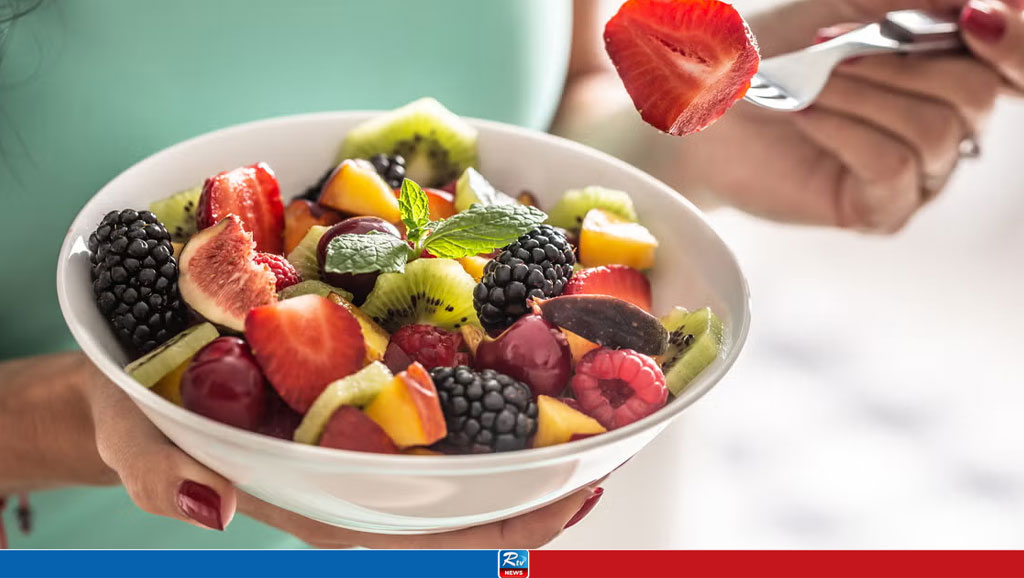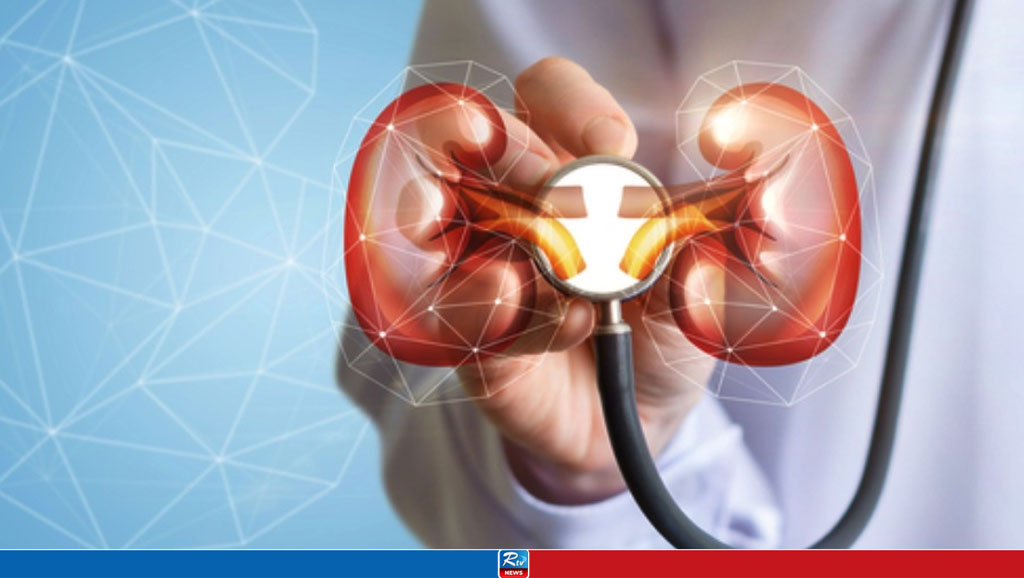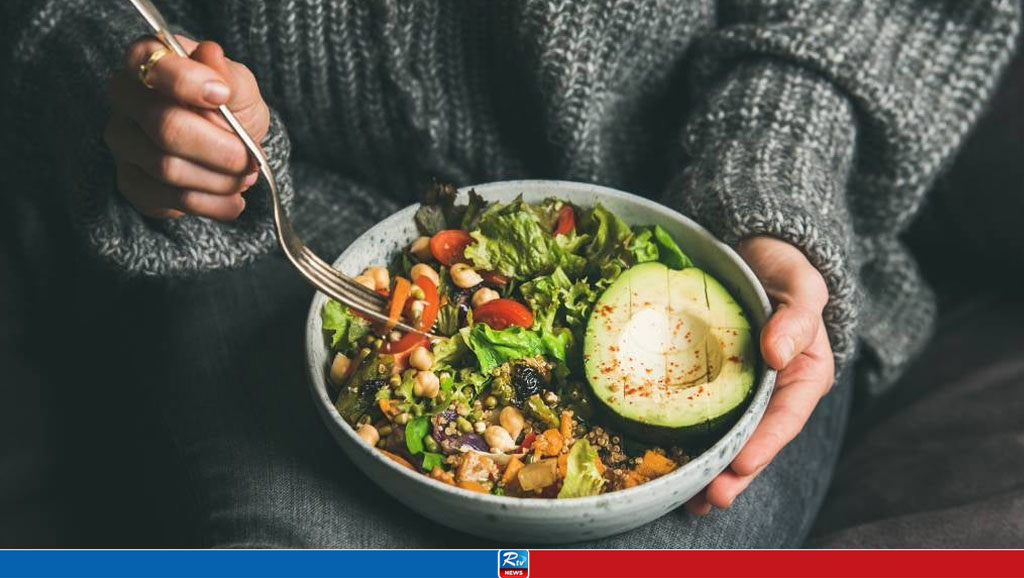Protein-Rich Fruits Revealed by Nutritionists

"Protein is one of the three essential macronutrients, along with carbs and fat," dietitian Christine Byrne, owner of Ruby Oak Nutrition in North Carolina, told Newsweek. She said that our bodies need all three macronutrients each day.
"When your body digests protein, it breaks it down into various amino acids that all play important roles in the body. Amino acids are building blocks of your muscles, bones, cartilage, skin, hair, nails, and cells, so they're crucial for building and repairing all of these tissues.
"Amino acids also support hormone function, healthy digestion, and oxygen transport through your body."
Protein is particularly popular in nutrition and wellness spaces, as a satiating macronutrient that can help us feel full, fuel the body for workouts, help build muscle healthily, and impact our metabolism.
Using Fruit for High-Protein Meals
All the experts who spoke to Newsweek said that fruit wouldn't be their first choice for protein, but that it could help contribute towards daily intakes.
Nutritional therapist and cookbook author Jenny Tschiesche said: "Fruit isn't considered a primary protein source, but the protein content can vary. If you're looking to boost your diet's protein content, some fruits are preferable."
A fruit's botanical family could make a difference, she said. "For example, guava, from the myrtle family, is known for its protein-rich composition." And avocados store more protein and healthy fats in their flesh, she added.
"Additionally, fruits grown in nutrient-rich soil often have a higher protein content," said Tschiesche.
Nutritional therapist Rakhi Lad, of Healthology, told Newsweek: "While fruit offers wonderful nutritional benefits—like vitamins, fiber, polyphenols and antioxidants—it wouldn't be my first pick for protein." Instead, she recommended eating fruit with a protein source, such as Greek yogurt, cottage cheese, nuts, or chia seeds.
Eight High-Protein Fruits
The nutrition experts suggested some fruits with higher protein content than most other fruits.
1. Guava: 4.2 grams of protein per cup
2. Avocado: 3 grams of protein per avocado
3. Apricot: 2.2 grams of protein per cup of apricot halves
4. Jackfruit: 2.8 grams of protein per cup, sliced; a tropical fruit, sometimes used as a meat substitute
5. Blackberries: 2g per serving
6. Banana: 2g per large banana
7. Kiwi: 2g per large kiwi
8. Oranges: 1.2g per large orange
"Guava, a fruit that's popular in tropical regions, contains 4.2 grams of protein and 112 calories per one-cup serving," said Byrne. "That's a decent amount of protein, especially if paired with a protein-rich food like yogurt." However, because of its high fiber content, Byrne recommended eating no more than a cup of the fruit "to avoid uncomfortable fullness."
What Is the Most Protein Dense Food?
Byrne also said that it was important to put things into perspective when it came to protein in fruit.
"Most people should be aiming for at least 20 grams of protein per meal, and even the highest-protein fruit on this list has just 4.2 grams per serving," she said. "None of them should be considered high-protein foods, and you should be getting most of your protein from other sources, like meat, fish, eggs, milk, soy, nuts, seeds, and legumes."
Instead, Byrne recommended choosing fruit that you enjoy and eating a variety, rather than deciding based on protein content.
Tschiesche agreed, adding that fruit was still an essential part of the diet, just for other reasons, including as a source of fiber, "which helps maintain a healthy digestive system and aids in weight management."
"Fruits are packed with vitamins, minerals, and antioxidants necessary for overall health," she continued. "They also have high water content, helping to keep you hydrated.
"Fruits provide various antioxidants, including vitamin C and beta carotene, which help fight free radicals and reduce the risk of chronic disease. They also contain natural sugars, offering a quick energy source without the crash from refined sugars."
Comments
Merry Christmas / History, Traditions, Significance and Celebrations

Christmas Day Today, Being Celebrated Across Bangladesh

10 Morning Habits Parents Should Follow to Set a Good Example for Kids

New Year's Food Traditions Around the World

There's No Need to Shower Every Day – Here's Why

5 Superfoods That Prevent Kidney Damage

Diabetes, Here's What Happens to Body If You Skip Breakfast


 Live Tv
Live Tv


